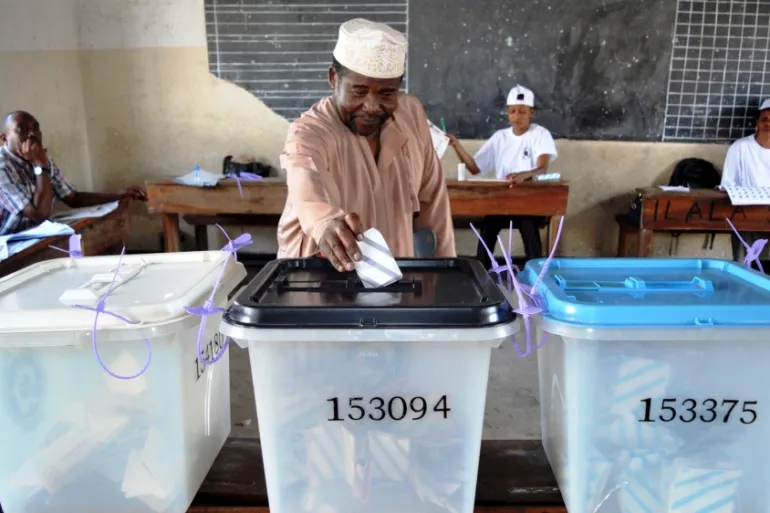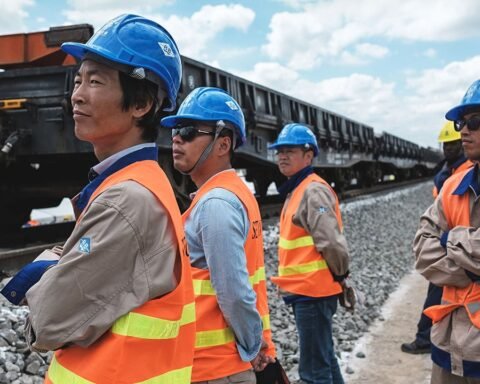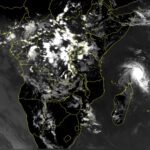Tensions are rising in Tanzania’s political landscape after the country’s main opposition party, CHADEMA, was disqualified from participating in the upcoming October 2025 general elections.
The disqualification follows the party’s refusal to sign the Code of Ethics issued by the Independent National Electoral Commission (INEC)—a move the party says is both unconstitutional and procedurally flawed.
The controversy erupted after INEC announced that any political party that fails to sign the electoral code would not be allowed to contest in this year’s elections or in any by-elections until 2030. The announcement sparked swift condemnation from CHADEMA’s leadership, who argue that the commission has overstepped its legal authority.
“We believe INEC does not have the power to bar political participation based on this code,” said CHADEMA’s Head of Legal Affairs. “Our constitution guarantees the right of political parties to contest elections, and that right cannot be taken away through administrative overreach.”
The party also pointed out a serious issue with the timeline of the new regulations. Under current procedures, the electoral code is supposed to come into effect only one day before candidates are officially endorsed by INEC—a date that has yet to arrive. CHADEMA argues that unless President Samia Suluhu Hassan suspends parliamentary sessions ahead of schedule, something that is unlikely given that Parliament is in session until late June, the commission’s demand is legally untenable.
Also Read; Trump Delays Tech Tariffs to Ease Consumer Impact
This latest confrontation feeds into a broader debate about the state of democracy and electoral fairness in Tanzania. For years, opposition parties and civil society organizations have pushed for reforms, accusing the electoral process of favoring the ruling Chama Cha Mapinduzi (CCM) party. CHADEMA’s ongoing “No Reform, No Election” campaign reflects those frustrations, calling for changes like an independent electoral body and the ability to challenge presidential results in court.
The decision to block CHADEMA from the elections has raised alarm bells among human rights groups and international observers. Many view the move as a potential violation of political rights and a setback for democratic participation in the country.
With just months to go before the election, and legal interpretations clashing with political interests, uncertainty looms large. Whether this dispute will be resolved through dialogue, legal challenge, or political compromise remains to be seen—but what’s clear is that the stakes are higher than ever.







